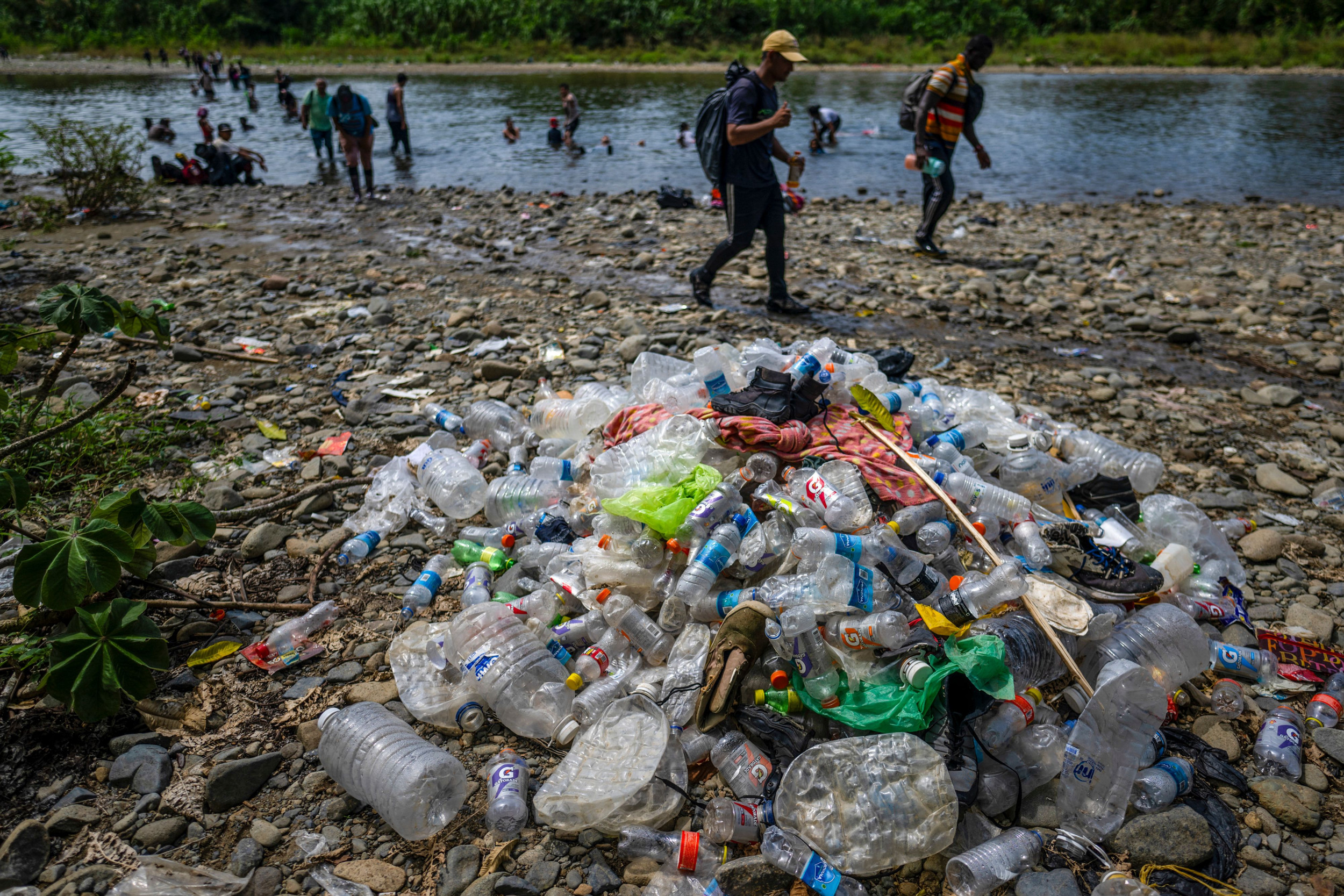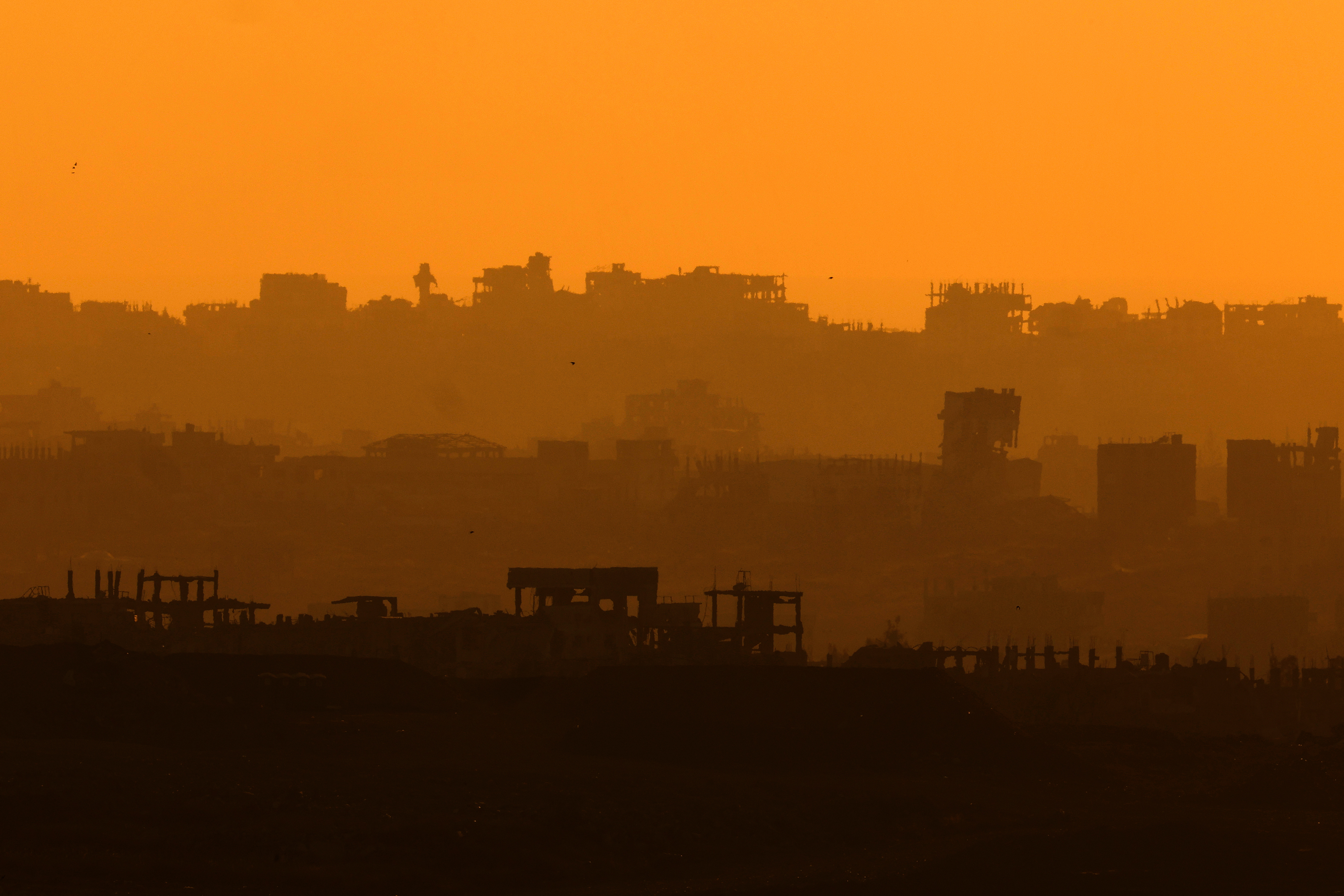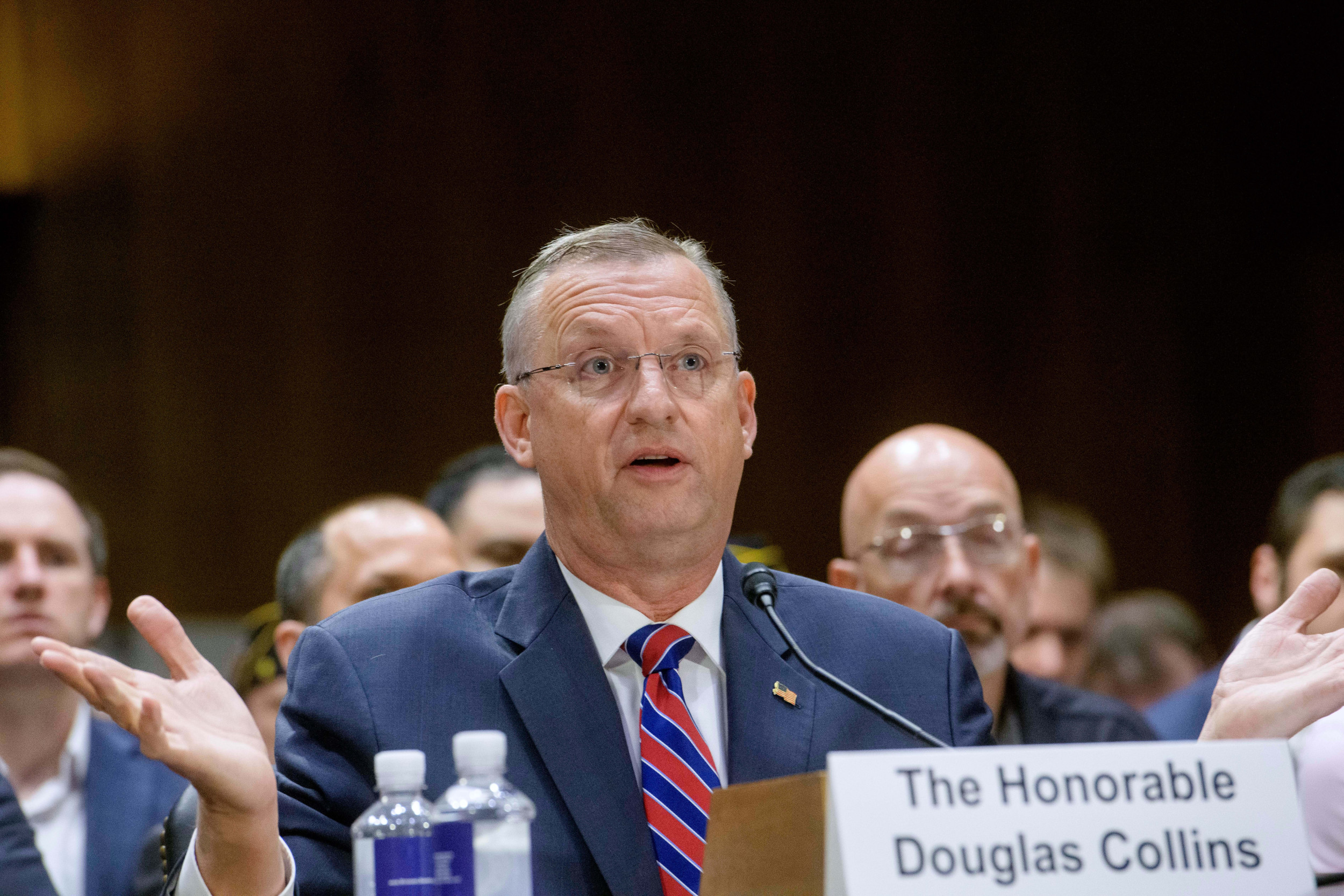🎙️ Voice is AI-generated. Inconsistencies may occur.
- Yevgeny Prigozhin—known as "Putin's chef"—has had a close relationship with the Russian president since the 1990s.
- Relations between the Wagner Group head and the Kremlin have become increasingly strained.
- Last week, Prigozhin directly called out Putin for the first time over a lack of ammunition for fighters in the battle for Bakhmut, in eastern Ukraine.
Russian tycoon Yevgeny Prigozhin's relationship with his longtime ally President Vladimir Putin appears to have reached a breaking point, with the one-time caterer resorting to publishing expletive-ridden videos on social media to get his voice heard amid the war in Ukraine.
Prigozhin, who earned the nickname "Putin's chef" thanks to his catering contracts with the Kremlin, heads the notorious paramilitary outfit the Wagner Group. He has been pouring his fighters for months into the city of Bakhmut in eastern Ukraine alongside conventional troops as part of a push by Moscow to secure its first major battlefield victory in the the war since the summer of 2022. He was viewed by the Kremlin as a key instrument in the war.
But cracks began to show in the businessman's relationship with the Kremlin when he displayed an appetite in the political sphere, launching attacks on Russia's Defense Minister Sergei Shoigu and Chief of the General Staff Valery Gerasimov. These strains grew exponentially when Prigozhin threatened to withdraw from Bakhmut last week over a lack of ammunition.

A furious Prigozhin directly addressed Putin in his appeal for more munitions on May 5, hours after publishing an expletive-ridden clip standing in front of rows of what he claimed were his fighters killed in battle in Bakhmut. He had previously aimed his attacks only at Shoigu and Gerasimov, blaming them and their failure to provide more ammunition for the deaths of his fighters.
Days later, on May 9, Victory Day—Moscow's annual celebration of the defeat of Nazi Germany during World War II—Prigozhin again complained about a lack of ammunition, publishing videos shortly before and immediately after Putin's speech in Moscow's Red Square. Prigozhin suggested that his fighters still lack ammunition and that the Wagner Group is not allowed to retreat, threatened with state treason for desertion.
Russian generals, Prigozhin said in his scathing attack, are traitors. "What if it turns out that the grandfather is a real a*****e?" he added.
"Obviously, grandfather is a reference to Putin," Vlad Mykhnenko, an expert in the post-communist transformation of Eastern Europe and the former Soviet Union at the U.K.'s University of Oxford, told Newsweek.
Putin and Prigozhin's relationship goes back to the 1990s, when the latter served the Kremlin with his catering companies. He enjoyed a rapid ascent in Russian society, amassing a huge fortune and emerging last year as a key player in the war started by the Russian leader.
Tatiana Stanovaya, a senior fellow at the Carnegie Russia Eurasia Center and founder of R.Politik. Reality of Russian Politics, a political analysis firm, said Prigozhin's recent string of videos shows that Prigozhin has no direct contact with Putin.
"The only way to express his dissent, disagreement, his anger, is to go public. That is why he has to post so many videos where he shows how fierce he is and how things have gone wrong, how difficult it is for him and his guys," she told Newsweek.
Prigozhin's Ambitions
The Wagner Group was only brought into the war by the Kremlin after Russia suffered a "humiliating defeat in the battle of Kyiv in the spring of 2022," after which Prigozhin and his fighters were provided with full Russian government support for recruiting inmates in maximum security prisons, tanks, aircraft, combat helicopters, heavy artillery, and unlimited munition supplies, Mykhnenko said.
Things changed, however, when the Kremlin establishment sensed Prigozhin had greater ambitions, and he was seen as becoming more dangerous in terms of his political persona.
"The main activity of Prigozhin during this conflict has always been trying to capitalize on the war and amass more assets and resources in Russia itself—to get a formal government post, or a big political leadership role, i.e., to convert his military assets into tangible economic and political assets inside Russia," said Mykhnenko.
The Kremlin started to "manage him" and "minimize his overgrown influence."
"The decision by Putin to reinstate [Valery] Gerasimov and other generals, whom Prigozhin openly clashed against, as chief commanders of the Russian war in Ukraine back in late 2022 was the beginning of Prigozhin's end," he said.
Stanovaya said Prigozhin decided that he's better than the state, and that he can challenge and replace it.
"Putin, who had to deal with a lot of complaints about Prigozhin, just reacted and rebalanced the situation in favor of security services, he tried to achieve this kind of unity," she said, pointing to Prigozhin's claims that he had been blocked from recruiting for the Wagner Group from prisons.
"[Prison recruitment] was more of a problem with security services, who really resented this practice. For them it was unacceptable, and with time, they found a way to convince Putin to stop it," said Stanovaya, referring to the Federal Penitentiary Service, Justice Ministry, Prosecutor General's Office, and Federal Security Service (FSB).
Stanovaya said on the one hand, Russian officials are "really scared" of Prigozhin, and believe that he represents a threat to the state, to Putin's regime, and to Russia's stability.
"But on the other hand, with this war, which seems with time, more and more unpredictable, and maybe doomed to fail for Russia, he says things that seem right? In the long term, he may become more attractive, meaning that people start thinking that maybe he's not so wrong about the state of affairs."
Prigozhin has also recently taken aim at the Kremlin for "breeding new PMCs" instead of giving "200,000 soldiers, as I asked" under the command of the Wagner Group.
"They are trying to somehow dilute the Wagner PMC so that it is not one big force that can play some role in domestic politics," he said late last month on his Telegram channel.
Mykhnenko said the Wagner Group's most experienced fighters and instructors have been lured away to other Russian government-funded paramilitary formations, "thus, cannibalizing Wagner."
Prigozhin's Fate
Stanovaya said the Wagner Group is likely doomed to withdraw from Bakhmut.
"It will suit Putin and the general staff—they are fed up with him. And if we take the military logic, the army doesn't really need Wagner now they are really exhausted, and their morale is very low. So I think that it's a question of time when he will have to withdraw."
Earlier this month, reports emerged that General Roman Gavrilov, the former deputy commander of the Russian National Guard, and General Mikhail Mizintsev, former deputy minister of defense, joined the Wagner Group after their unconfirmed dismissals from the civil service.
"Prigozhin must have thought these actions would strengthen Wagner's power standing within the Russian bureaucratic machinery. However, it could be as much a prelude or beginning of the 'hostile takeover' of Wagner by the Kremlin," said Mykhnenko.
"Mizintsev could have been implanted on purpose to take control," he continued, noting that on May 5, General (Retired) Viktor Sobolev—currently a member of the State Duma (Russia's rubber-stamp parliament)—said all "volunteer battalions" and Wagner should be formally reassigned to Russia's defense ministry "to prevent any munition supply problems."
Ultimately, Prigozhin has "overstretched himself" and his "physical life will be abruptly and involuntarily ended soon enough," suggested Mykhnenko.
"My money is on Prigozhin being found dead in a Russian state-staged 'suicide,' with a pistol in his hand and a ridiculous suicide note," he said. "Moscow could also provide Ukraine with Prigozhin's precise geo-location within a 70km HIMARS rocket range to finish him off and provide a 'heroic' propaganda recruiting boost to the 'new' emasculated Wagner."
Mykhnenko added: "The only other realistic option would be to allow Prigozhin to return to Russia, before being blown up in a car bomb like [Daria] Dugina and [Zakhar] Prilepin."
Newsweek has contacted Russia's foreign ministry for comment via email.









